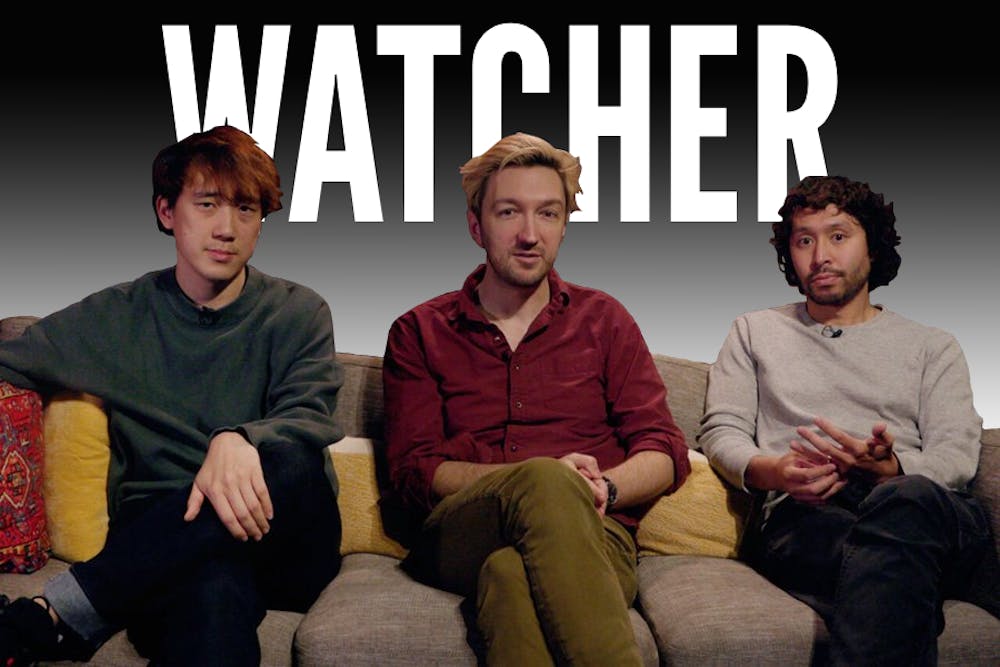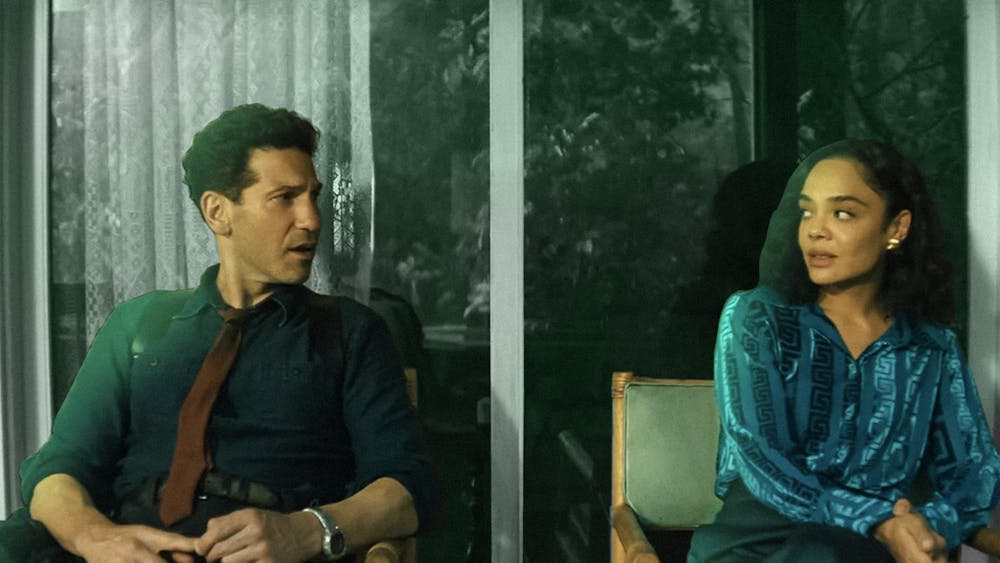Nowadays, it feels like everyone and their brother wants you to pay for their monthly subscription service. YouTube channel Watcher is no exception.
Watcher was founded in 2020 by Steven Lim, Shane Madej and Ryan Bergara, all former BuzzFeed employees who split from the company in order to form their own independent production studio. Madej and Bergara in particular had amassed a huge fanbase through their work on “Buzzfeed Unsolved”. People were willing to follow them, and their banter-filled believer/skeptic dynamic, to the new channel. Watcher found success in its creation of new series, such as “Puppet History” and “Dish Granted,” as well as retooled reboots of both the “True Crime” and “Supernatural” seasons of “Buzzfeed Unsolved” — now called “Mystery Files” and “Ghost Files,” respectively.
The channel came under fire last Friday after uploading a video titled “Goodbye YouTube,” in which they announced that moving forward, all of their content would be paywalled behind a streaming subscription service. They stated specifically that the rate of $6 per month was chosen because “anybody and everybody is able to afford it” — which brought significant backlash, especially considering that until now, their content has been entirely free to watch on YouTube. The channel then released an apology video on Monday, walking back their original subscription plan. Instead, they plan to release new content a month early on their streaming platform, while their archive of past videos will continue to remain free and available on their YouTube channel.
Their decision to create their own paid content platform may seem strange, but it isn’t unheard of. Many fans have compared Watcher to Dropout (formerly known as CollegeHumor), another production company with its own independent streaming service available for the same monthly rates as Watcher. Dropout now produces mostly unscripted long-form television content, such as “Game Changer” and “Very Important People,” but when the streaming platform launched in 2018, they were known for their short-form online sketch comedy. By the mid-2010s, the YouTube algorithm had stopped favoring these shorter scripted videos. Advertisers were also unwilling to partner with content that they deemed questionable — a trend now referred to as an “adpocalypse.” Wanting to both continue creating mature and uncensored content and generate revenue from their work, Dropout launched its own streaming service, which boasts ad-free and exclusive content while continuing to upload their usual videos on YouTube.
Watcher’s decision came under very different circumstances, however. To start, the channel is extraordinarily brand-friendly; excluding these recent videos about their streaming service and series trailers, most of their full-length content videos from the past several months contain sponsored advertisements. Their videos rarely feature mature content, and it doesn’t seem like that’s a direction that the studio is interested in exploring. Watcher also has a successful Patreon, which at the time of this article maintains over 13,000 members and generates additional revenue from merchandise sales and live shows.
Creatives deserve to be paid fairly for their work, and it’s fully understandable for Watcher to want to expand their business model and increase their production value. Other YouTube-based enterprises, like Dropout, have found success in the subscription-based video model. The problem with Watcher’s approach lies not in its concept, but its execution. Fans felt like their loyalty had been betrayed by Watcher’s abandonment of YouTube as a platform, and many incorrectly assumed that the old videos would be taken down as well. Instead of a smooth transition to a subscription model, the change felt abrupt and, to many, incredibly greedy.
Although Watcher has apologized and changed their plans based on fans‘ feedback, it’s hard to imagine that their reputation will go unscathed. Much of their audience feels betrayed and taken advantage of. Several comments on both the original announcement and the apology video state that fans aren’t watching for incredibly high production value — they’re there for the on-screen dynamic between the leads, even when that dynamic was only present through yellow and blue text on a black screen.
Watcher has lost more than a business opportunity. It has lost its down-to-earth reputation, and it’s hard to say whether or not the company will ever regain it.










